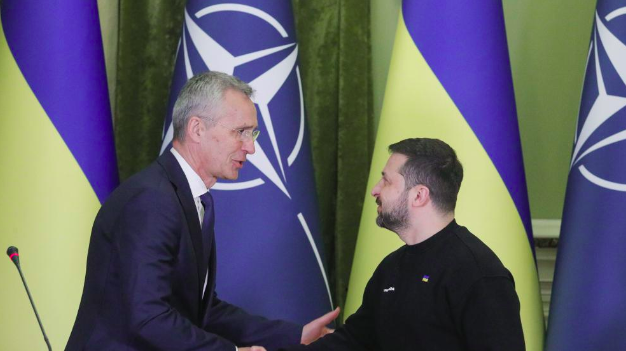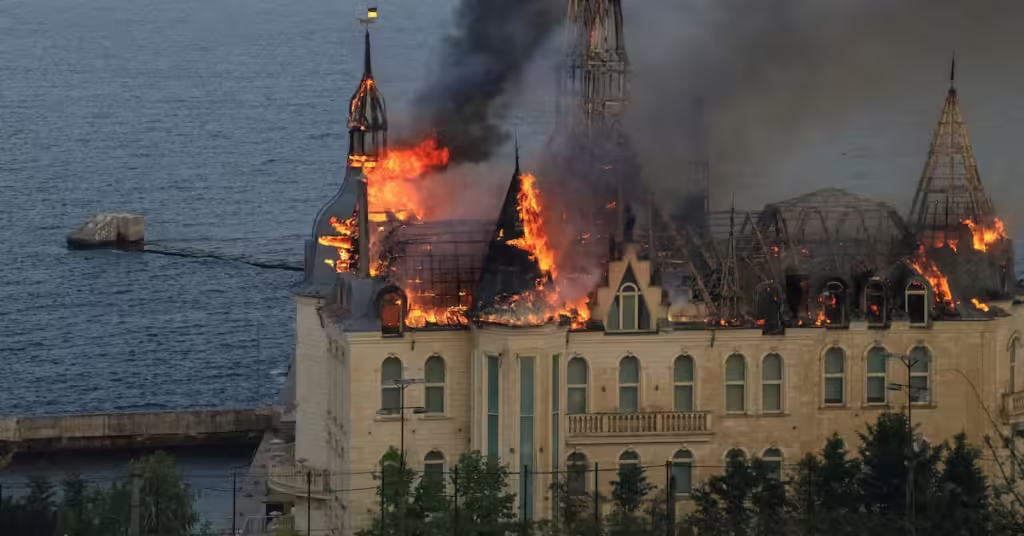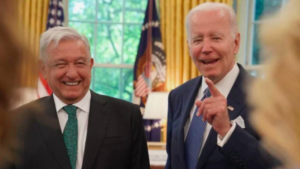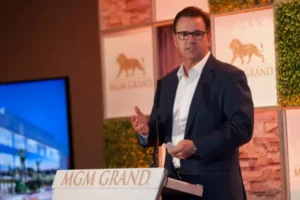
On Tuesday, leaders from across the North Atlantic Treaty Organization (NATO) expressed their hopes that Ukraine could be the next to join the alliance. The news was met with a mix of optimism and apprehension from world leaders as to what this could mean for international relations.
At a summit in Lithuania, NATO Secretary General Jens Stoltenberg explained that an invitation for Ukraine to join would be extended if geopolitical conditions are met. Meanwhile, Ukrainian President Volodimir Zelensky made his case for the country’s accession, emphasizing that Ukraine deserved equality and protection within the alliance.
However, not everyone shares the same enthusiasm for Ukraine joining NATO. U.S. President Joe Biden expressed his doubts that the alliance would reach a consensus on the matter, while Russia openly declared any move to bring Ukraine into the NATO fold to be seen as a “red line” and a de facto declaration of war.
As Europe and Russia grapple with the possibility of a third world war, attention turns to NATO and how it will handle the Ukraine question. NATO must take into account Ukraine’s security needs, the implications of full membership for the alliance, and the inevitably sharp response from Russia.
To make the right decision, NATO will need to carefully weigh the risks and rewards involved with Ukraine joining the alliance. But most importantly, the organization must keep in mind the future of global security and peace. All eyes are on NATO as it takes a decisive step forward in determining the fate of Ukraine.
Related: https://lacartita.com/joe-biden-lands-in-london-ahead-of-nato-summit/






